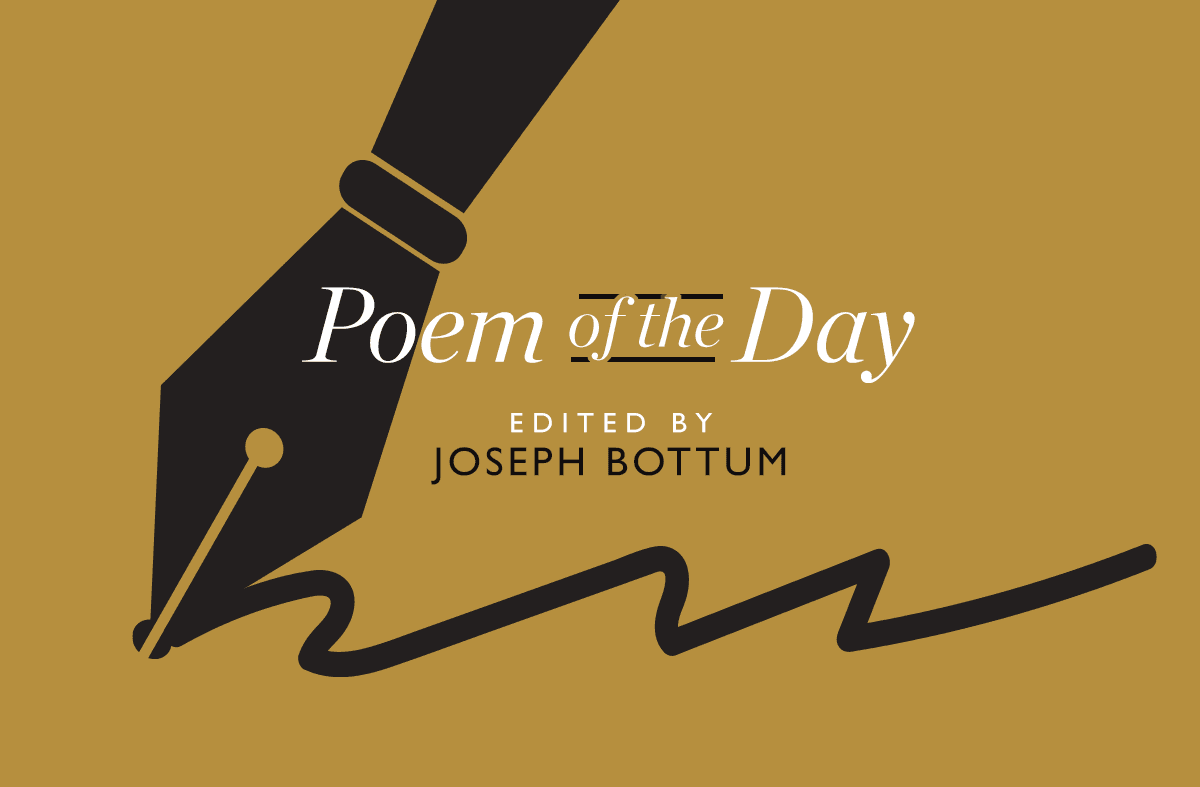Poem of the Day: ‘The Fair Singer’
The poet might have been able to withstand the allure of a singer’s eyes, and he might have been able to hold out against her beautiful voice, but the combination leaves him undone.

Andrew Marvell (1621–1678), the satirist and metaphysical poet, is probably most famous for such work as “To His Coy Mistress,” the best-known carpe-diem poem in English, together with “The Mower against Gardens” and “An Horatian Ode upon Cromwell’s Return from Ireland.” “The Fair Singer” is a lesser known but lovely example of a poetic conceit. In three six-line pentameter stanzas, rhymed ababcc, Marvell argues that he might have been able to withstand the allure of a singer’s eyes, and he might have been able to hold out against her beautiful voice, but the combination leaves him undone — made her slave.
The Fair Singer
by Andrew Marvell
To make a final conquest of all me,
Love did compose so sweet an enemy,
In whom both beauties to my death agree,
Joining themselves in fatal harmony;
That while she with her eyes my heart does bind,
She with her voice might captivate my mind.
I could have fled from one but singly fair,
My disentangled soul itself might save,
Breaking the curled trammels of her hair.
But how should I avoid to be her slave,
Whose subtle art invisibly can wreath
My fetters of the very air I breathe?
It had been easy fighting in some plain,
Where victory might hang in equal choice,
But all resistance against her is vain,
Who has th’advantage both of eyes and voice,
And all my forces needs must be undone,
She having gained both the wind and sun.
___________________________________________
With “Poem of the Day,” The New York Sun offers a daily portion of verse selected by the Sun’s poetry editor, Joseph Bottum of Dakota State University, with the help of the North Carolina poet, Sally Thomas. Tied to the day, or the season, or just individual taste, the poems will be typically drawn from the lesser-known portion of the history of English verse. In the coming months we will be reaching out to contemporary poets for examples of current, primarily formalist work, to show that poetry can still serve as a delight to the ear, an instruction to the mind, and a tonic for the soul.

